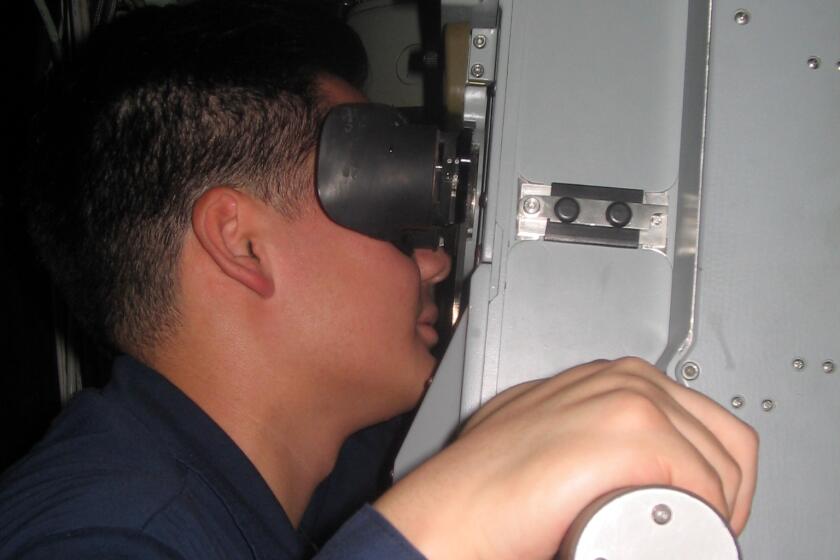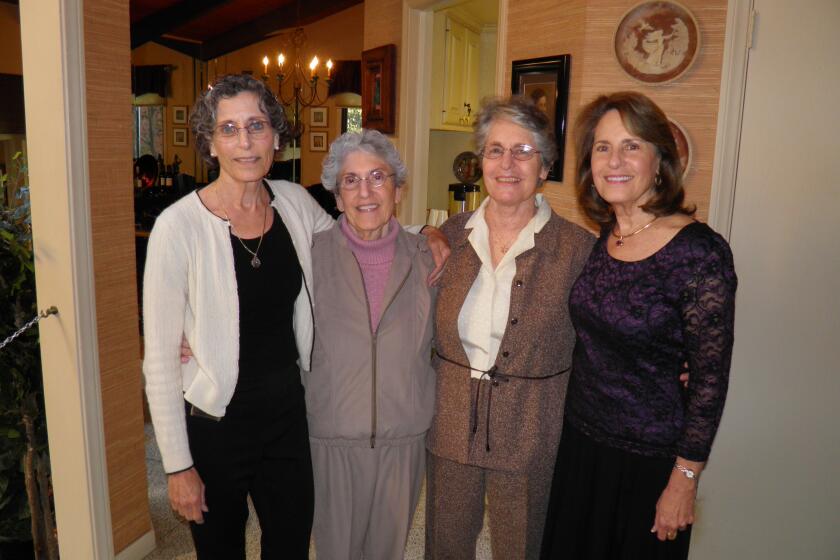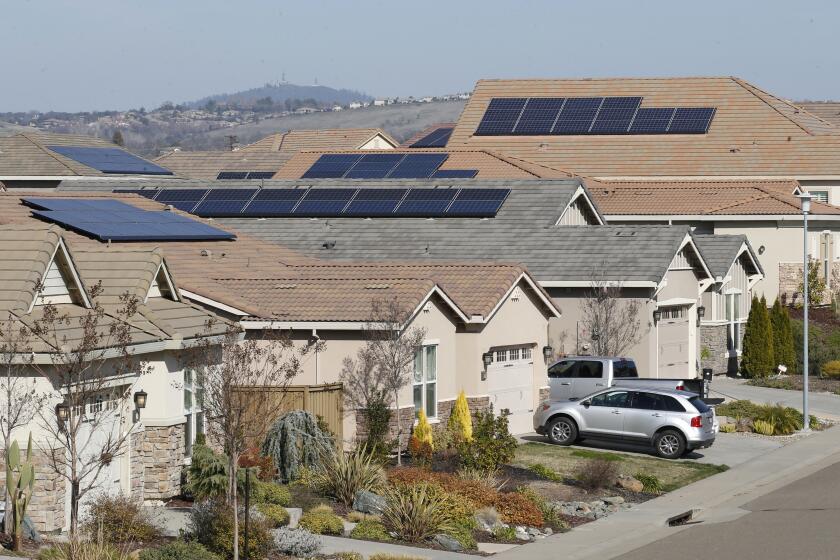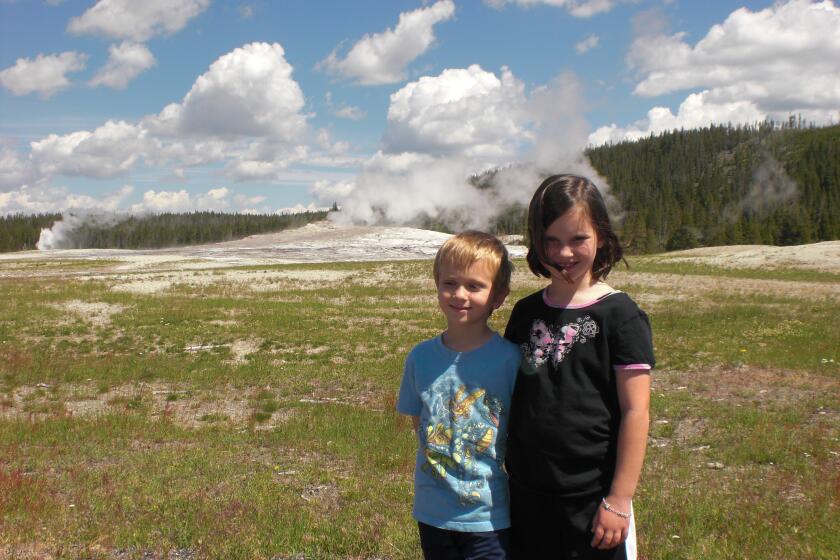Opinion: As the world opens back up, isolated older people will be left behind unless we act
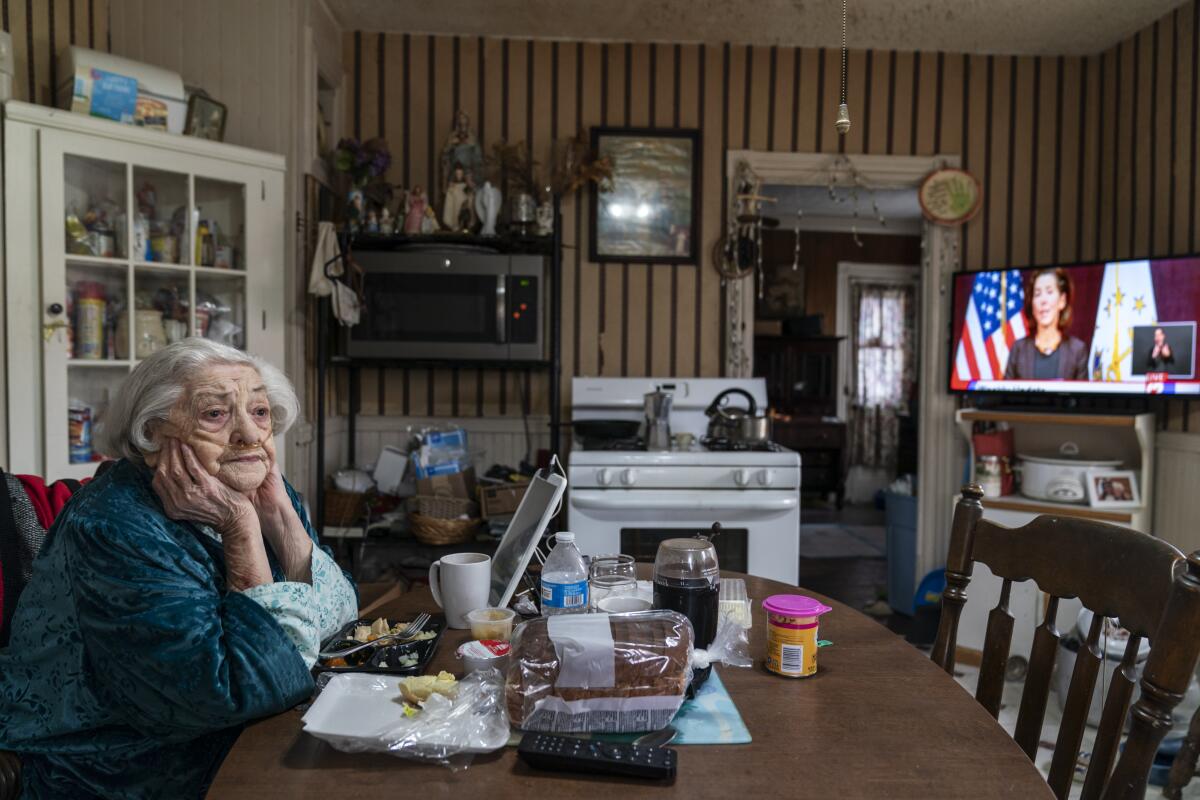
Wakefield is the president and CEO of Meals on Wheels San Diego County, a nonprofit organization that delivers nutritious meals to older adults. Visit meals-on-wheels.org for more information. He lives in Kensington.
Far too many of San Diego’s diverse, vibrant older adults are declining mentally and physically because they are homebound and isolated. The situation was reaching crisis levels even before the COVID-19 pandemic and ensuing stay-at-home orders. Research has shown isolation can be as lethal as smoking 15 cigarettes a day. Since then, seniors have literally died with death certificates citing “social isolation.” Cut off from friends, family and community, they pay less attention to their physical well-being and withdraw from the world. They talk and move less, and their mental function rapidly decreases.
In other words, they give up.
We provide this platform for community commentary free of charge. Thank you to all the Union-Tribune subscribers whose support makes our journalism possible. If you are not a subscriber, please consider becoming one today.
Elderly individuals deserve to thrive wherever they choose to live. Our governments can help them by providing more funding for initiatives that help seniors stay independent, nourished and connected with their community. More importantly, though, we all need to help them by rethinking our attitudes toward aging and showing more compassion to the older adults in our lives.
Before the pandemic, Meals on Wheels San Diego County delivered meals to over 1,000 clients countywide seven days a week, including holidays. Our volunteers are often lifelines for our clients, providing wellness checks in addition to food — in many cases, they are the only person an isolated older adult will see all day, or even all week. They’re the first to notice and report to a care navigator when a client doesn’t seem to be doing well.
After COVID-19 closures in March 2020, the number of seniors who could not leave their homes skyrocketed. In the first month of the pandemic alone, requests for deliveries from Meals on Wheels San Diego County increased a staggering 47 percent. These were elderly individuals with family members nearby who could help and often vibrant social networks — but their lives, and the lives of their caregivers, were turned upside down because of social distancing measures.
All of our clients adapted as best as they could to the extremely challenging circumstances. But in many cases, the more time clients spent alone, the worse their condition became.
However, the pandemic has also highlighted just how important connection is for the mental and physical health of our older adults — and how often younger adults benefit from these connections even more than their elderly counterparts.
Every Friday, for instance, one 90-year-old Navy veteran and retired teacher in Lakeside looks forward to his lunch delivery from a retired educator who began volunteering with our organization in April 2020 after hearing about the critical need for meal delivery volunteers. She figured the job would help her feel like she was contributing — but she didn’t expect how much of a bright spot her weekly deliveries would be in her own life amid the pandemic’s hardships
“He still comes out to greet me every time,” she said. “That’s just the kind of man he is.”
The two have formed a strong bond over the past year. Every Friday when he receives his meal, he gives the volunteer a gift of fresh fruit his son picks from their backyard trees, along with a fresh flower from his garden, to thank her for the meal delivery. In return, she — inspired by his love of reading — brings him a book by one of his favorite authors whenever she finds one.
“She always talks to me,” he said. “She smiles and is always happy to be there.”
Hearing stories of pandemic-isolated seniors has opened peoples’ eyes and hearts, since many more of us now empathize with the feeling of being cut off from friends, family and life outside our homes. However, as more healthy, mobile adults get vaccinated, and the world begins to open back up, these isolated seniors will still be left behind unless we do something drastically different.
There are two ways you can help.
First, call your senators and U.S. representatives and ask them to fully fund the Older Americans Act, which would give more support to senior nutrition and support programs.
Second, now that the curtain has been ripped back on the problem of senior isolation, we cannot look away. If we want people to live longer, we need to rethink the role of aging in our society, so they can also live better. We need to reach out to the older adults in our lives, build connections with them, and keep them involved.
We may even find that it’s good for our health, too.
Get Weekend Opinion on Sundays and Reader Opinion on Mondays
Editorials, commentary and more delivered Sunday morning, and Reader Reaction on Mondays.
You may occasionally receive promotional content from the San Diego Union-Tribune.

